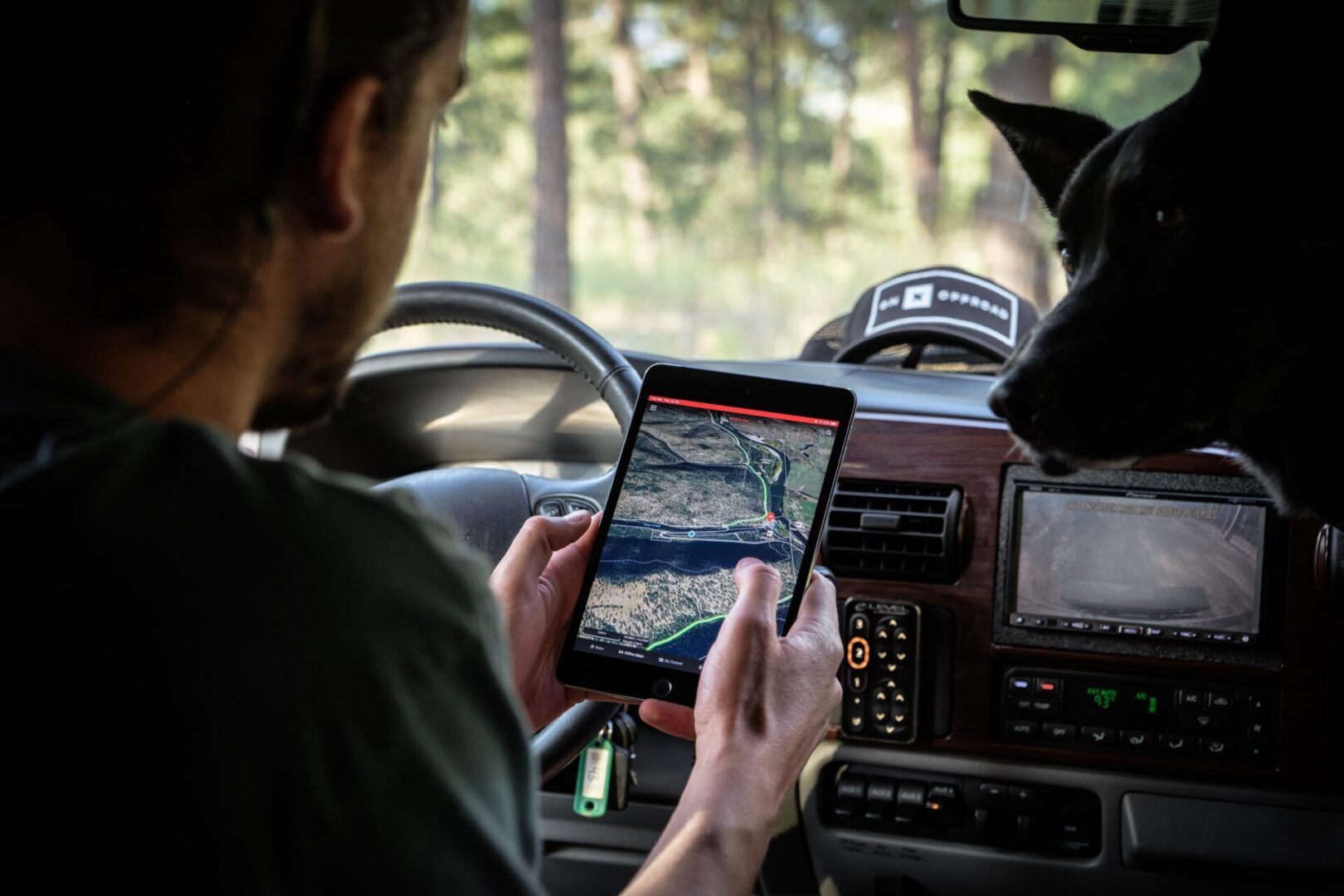You’re about to take a road trip. And although it’s exciting to think about, it’s somewhere you’ve never been there before.
Maybe it’s just an hour away from home or a few days. You might have friends or family with you, but for the most part, you’re going to be driving yourself. This realization can be nerve-wracking in itself because you’re unfamiliar with how busy this particular city or state is.
But don’t worry — there are ways you can stay safe in new environments.
Plan Your Route
Whether you’re preparing for an epic road trip adventure or moving to a new city, planning your route is one of the most important things you can do before you pull out of the driveway. Knowing your destination makes it easier to get there and plan for any possible problems.
Start with a map of the area that includes all major highways and tollways — try Waze or Google Maps. Then, ensure you have adequate gas in your car, so you don’t run out along the way.
There’s a host of research-based evidence behind the fact that night driving (amongst a few other factors) can be especially dangerous because visibility is less than ideal. So always wear your seatbelt and pay attention to other drivers on the road.
Know What To Do if You Get Into a Car Accident, e.g., in Massachusetts
If you get into a car accident, it’s not just your car that is likely to get damaged. You can be sued for personal injuries or wrongful death if you cannot prove that an accident wasn’t your fault, so it’s usually best to have some professional help.
Dolman Law Group’s veteran lawyers are an excellent option if you’re visiting Massachusetts or somewhere close by, or you’ll have to do your own research if you’re driving somewhere else instead.
In addition, do not leave the scene of an accident until authorities arrive (e.g., at least one police officer). That’s because even with the best lawyers, you may not have enough evidence to prove who was at fault for causing an accident if you leave before emergency personnel arrive.
Make Sure Your Car Is in Good Shape
If you’re driving to a new city, it’s a good idea to take your car in for a tune-up before you head out. It’s also a good idea to ensure your tires are properly inflated and that there’s nothing wrong with the engine (like a bad oil change). Plus, checking out the car safety guide with 123.ie could give you peace of mind and confidence on the road.
This practice before long trips will help you avoid unexpected breakdowns and give you more confidence when driving in unfamiliar territory.
Pay Attention to Signage and Markings
As for driving itself, it’s important to pay attention to what’s happening around you while you’re on the road — even if you have a GPS! Driving is much safer if you know where you’re going and how to get there.
Keep an eye out for signs that tell you where you’re going, such as street names written on arrows or signs pointing toward them. And don’t forget about traffic lights — if there’s an amber light and no cars are stopped at a crosswalk, don’t drive through it!
Don’t Be Afraid To Pull Over or Ask for Directions
In case you didn’t already know, it’s not uncommon for a driver to get lost. And as anyone in this situation can tell you, there are many ways to get yourself into trouble.
If you’re driving along and suddenly find yourself lost, pull over. Don’t panic, and don’t try to guess where the road will take you; instead, ask for directions from someone who looks like they know where they’re going.
If that doesn’t work out, pull over again at the next safe place you see and call your friend or family member for help.
Be Smart When Driving in Unfamiliar Places
Safe driving doesn’t require any special skills. All you need is a good dose of common sense and a little extra preparation whenever you’re planning a long trip. So be sure to use these tips when heading out on the road soon, and we’ll see you behind the wheel!
















This site is protected by reCAPTCHA and the Google Privacy Policy and Terms of Service apply.